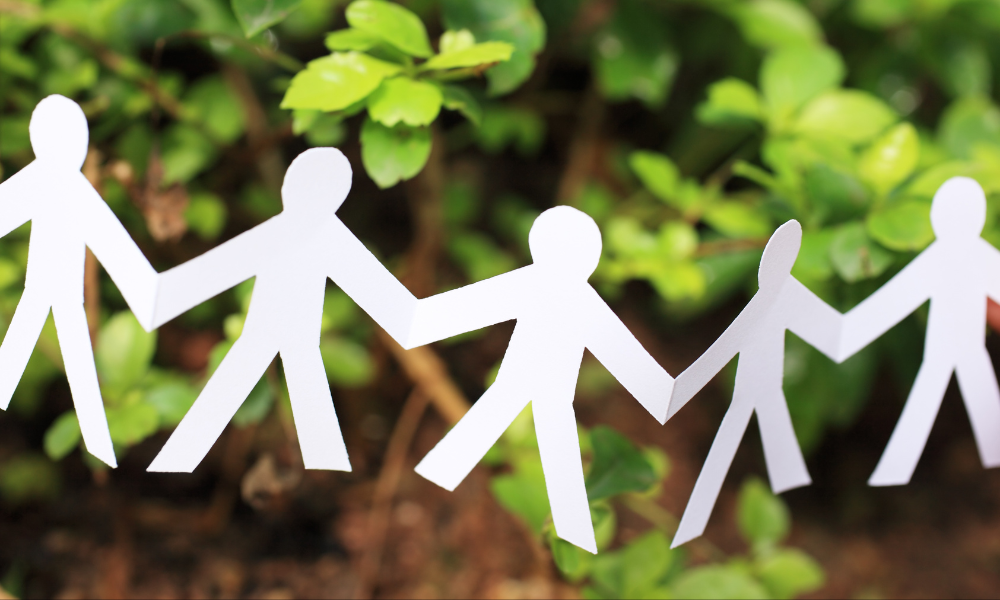An Environmental career encompass a wide range of opportunities that each require a combination of education, training or certification, and technical expertise that let employers know you have the “hard” skills to understand the job and its expectations.
The hard skills open the interview door, but it’s the “soft” skills that show your ability to get the job done, often within a team setting. Soft skills burnish your resume by helping you build successful experiences throughout your career that will get the attention of your next potential employer.
Soft skills that will help you get your environmental career started
Many soft skills apply across all jobs, and are often basic expectations from any employer, such as personality, attitude, flexibility, motivation, manners, and reliability. Within a job, these types of skills can often be the difference between retention and promotion or managers asking you to move on.
What are the soft skills environmental clients are seeking? Whether you are a CDL driver, engineer, chemist or safety professional, some basic professionalism is expected and broadly applies to the work at hand. You’ve got your training and education in hand; how can you contribute to a successful team?
Develop your soft skills and emphasize them in job applications, resumes, cover letters, and interviews.
The following soft skills are especially important for the environmental fields where technical expertise is very important, according to the U.S. Department of Labor. These soft skills are particularly effective for any job that requires detailed analysis of data or information for completing tasks or critically evaluating situations in the field for solutions.
Analytical skills
Environmental scientists and specialists base their conclusions on careful analysis of scientific data. They must consider all possible methods and solutions in their analyses.
Communication skills
You may need to present and explain their findings to audiences of varying backgrounds and write technical reports.
Interpersonal skills
Employees in these fields typically work on teams along with scientists, engineers, and technicians. Team members must be able to work together effectively to achieve their goals.
Problem-solving skills
You will often be asked to find the best possible solution to problems that affect the environment and people’s health.
Self-discipline
Many environmental scientists and specialists may spend a lot of time working alone. They need to stay motivated and get their work done without supervision.
Whether you’re just starting your environmental career and seeking that first job to show you have the chops to be successful in a long-term role or are looking to your next opportunity, partnering with a staffing company can help you find a great opportunity (or two or three) to hone your soft skills. You may be able to build this position into a permanent situation or take a successful experience from your temporary role or roles to an employer looking to fill a full-time job.
Whatever your environmental career aspirations, as you add to your portfolio of expertise, be sure to pay attention to these soft skills. They will lead to better interviews with potential employers and more positive experiences achieving goals with peers, who can help build your network of positive references for future possibilities.
***
EnviroStaff partners with environmental service professionals to connect them with clients who are looking to grow their teams on a permanent basis. As a candidate, we’ll work closely with you to learn about your environmental career goals and help you decide what you want from your next employer. Then, we’ll match you with the client that best meets your needs.
In addition to making expert matches, the EnviroStaff team can provide advice on your resume and give you helpful interviewing tips. During our relationship, we’ll act as a consultant to make sure you’re getting the most out of your experience with EnviroStaff.
Interested in taking the next step in your environmental career? Contact us today!

